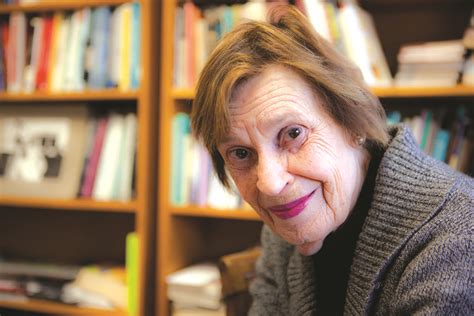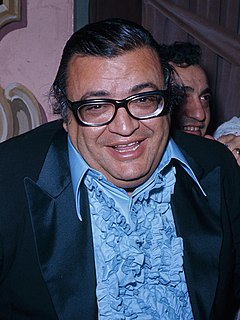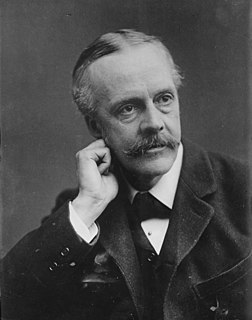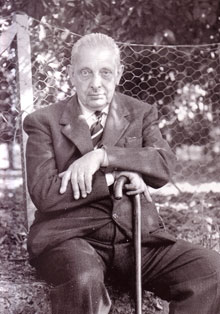A Quote by Faye Moskowitz
There is something disorderly about the death of a young person. In a universe disturbed by so much over which we have no control, an untimely tragedy rattles the teeth of our already shaken confidence. We want to domesticate death, fight it on our own turf, in familiar rooms with shades drawn evenly, top sheets turned back, and a circle of hushed voices closing in.
Related Quotes
There is no single best kind of death. A good death is one that is "appropriate" for that person. It is a death in which the hand of the way of dying slips easily into the glove of the act itself. It is in character, ego-syntonic. It, the death, fits the person. It is a death that one might choose if it were realistically possible for one to choose one's own death.
They alone live whose lives are in the whole universe, and the more we concentrate our lives on limited things, the faster we go towards death. Those moments alone we live when our lives are in the universe, in others; and living this little life is death, simply death, and that is why the fear of death comes.
For if it is not lawful to take the law into our own hands and slay even a guilty person, whose death no public sentence has warranted. Then certainly he who kills himself is a homicide, and so much the guiltier of his own death as he was more innocent of that offence for which he doomed himself to die.
Do not fear death, but welcome it, since it too comes from nature. For just as we are young and grow old, and flourish and reach maturity, have teeth and a beard and grey hairs, conceive, become pregnant, and bring forth new life, and all the other natural processes that follow the seasons of our existence, so also do we have death. A thoughtful person will never take death lightly, impatiently, or scornfully, but will wait for it as one of life's natural processes.
Salvation is not some felicitous state to which we can lift ourselves by our own bootstraps after the contemplation of sufficiently good examples. It is an utterly new creation into which we are brought by our death in Jesus' death and our resurrection in his. It comes not out of our own best efforts, however well-inspired or successfully pursued, but out of the shipwreck of all human efforts whatsoever.
We live in an age disturbed, confused, bewildered, afraid of its own forces, in search not merely of its road but even of its direction. There are many voices of counsel, but few voices of vision; there is much excitement and feverish activity, but little concert of thoughtful purpose. We are distressed by our own ungoverned, undirected energies and do many things, but nothing long. It is our duty to find ourselves.
We are left with nothing but death, the irreducible fact of our own mortality. Death after a long illness we can accept with resignation. Even accidental death we can ascribe to fate. But for a man to die of no apparent cause, for a man to die simply because he is a man, brings us so close to the invisible boundary between life and death that we no longer know which side we are on. Life becomes death, and it is as if this death has owned this life all along. Death without warning. Which is to say: life stops. And it can stop at any moment.
Imperishable moments and immortal deeds, death itself and love stronger than death, will be as though they had never been. The energies of our system will decay, the glory of the sun will be dimmed and the earth tideless and inert, will no longer tolerate the race which has for the moment disturbed its solitude. Man will go down into the pit and all his thoughts will perish. The uneasy consciousness, which in this obscure corner has for a brief space broken the contented silence of the universe, will be at rest.
































